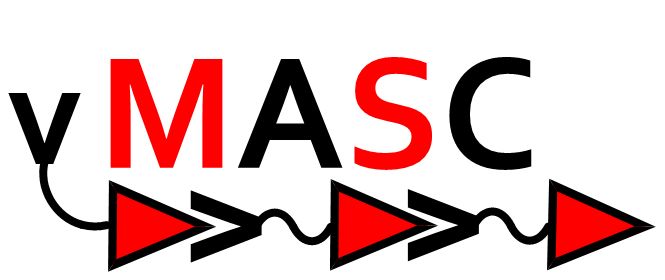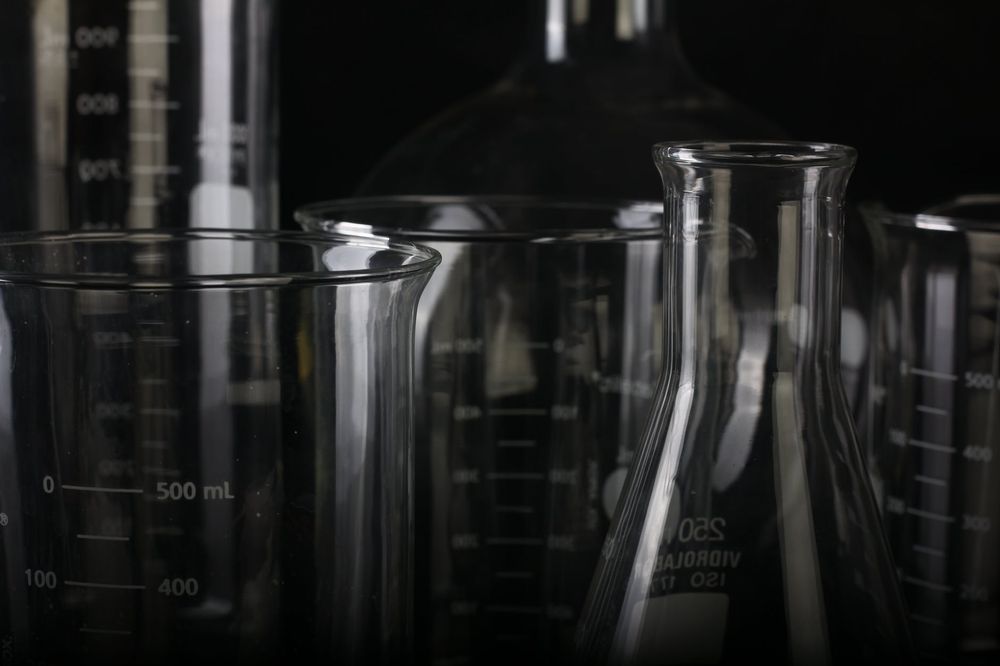
Thanks @gemcrisenza.bsky.social and @fiszczyp.bsky.social for a genuinely enjoyable viva, and most of all @profdaveleigh.bsky.social (and the group!) for believing in me and supporting me from the start!
⚠️ Register now, places are limited!
Contact me for more info!
www.grc.org/systems-chem...
⚠️ Register now, places are limited!
Contact me for more info!
www.grc.org/systems-chem...
Submit your expression of interest to join the vMASC organising committee!
Deadline 📆 18th Aug 2025
Eligibility: full-time researcher (including early career) + member of RSC MASC Interest Group
Find out more on mascgroup.co.uk/vmasc-4/vmas...

Submit your expression of interest to join the vMASC organising committee!
Deadline 📆 18th Aug 2025
Eligibility: full-time researcher (including early career) + member of RSC MASC Interest Group
Find out more on mascgroup.co.uk/vmasc-4/vmas...
The MASC Interest Group and WISC Network @wisuprachem.bsky.social announce the inaugural 2025 MASC/WISC EDIA Award for “excellence in equality/equity, diversity, inclusion, and accessibility (EDIA)”.
Application deadline 📆 5th Sep 2025
More on mascgroup.co.uk/2025-masc-pr...
(1/5)

The MASC Interest Group and WISC Network @wisuprachem.bsky.social announce the inaugural 2025 MASC/WISC EDIA Award for “excellence in equality/equity, diversity, inclusion, and accessibility (EDIA)”.
Application deadline 📆 5th Sep 2025
More on mascgroup.co.uk/2025-masc-pr...
(1/5)
🏆 MASC Group Supramolecular Chemistry Award. 📆 5th Sep
🏆 Bob Hay Award Lectureship. 📆 5th Sep
🏆 MASC Group PhD Thesis Award. 📆 7th Nov
🏆 MASC/WISC EDIA Award. 📆 5th Sep
More on mascgroup.co.uk/2025-masc-pr...

🏆 MASC Group Supramolecular Chemistry Award. 📆 5th Sep
🏆 Bob Hay Award Lectureship. 📆 5th Sep
🏆 MASC Group PhD Thesis Award. 📆 7th Nov
🏆 MASC/WISC EDIA Award. 📆 5th Sep
More on mascgroup.co.uk/2025-masc-pr...
Thanks @gemcrisenza.bsky.social and @fiszczyp.bsky.social for a genuinely enjoyable viva, and most of all @profdaveleigh.bsky.social (and the group!) for believing in me and supporting me from the start!
Thanks @gemcrisenza.bsky.social and @fiszczyp.bsky.social for a genuinely enjoyable viva, and most of all @profdaveleigh.bsky.social (and the group!) for believing in me and supporting me from the start!
@touficmrad.bsky.social
#ECRMASC25
#RSC_MASC

#ECRMASC25
#RSC_MASC


#ECRMASC25
#RSC_MASC
@pubs.acs.org
Huakui, Axel, @stefanborsley.bsky.social @benjaminoacid.bsky.social & Alex
pubs.acs.org/doi/10.1021/...

@pubs.acs.org
Huakui, Axel, @stefanborsley.bsky.social @benjaminoacid.bsky.social & Alex
pubs.acs.org/doi/10.1021/...

@pubs.acs.org
Huakui, Axel, @stefanborsley.bsky.social @benjaminoacid.bsky.social & Alex
pubs.acs.org/doi/10.1021/...
https://go.nature.com/4gSOxxC

https://go.nature.com/4gSOxxC

